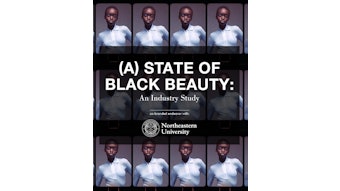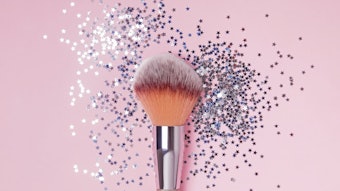This article originally ran in the August 2011 issue of Perfumer & Flavorist magazine. All rights reserved.
“Fragrance should not be treated as an ingredient; it should be seen not as a cost, but as an investment in our brands,” said CEO Paul Polman, in his closing remarks at the 2011 Unilever Fragrance Awards ceremony held May 18 at the company’s Skyline restaurant overlooking the River Thames in London. Last presented in 2009, the awards aim to highlight Unilever’s commitment to fragrance and to celebrate the teamwork involved between the company and its fragrance partners, beginning early in the development process “to create great fragrances for great brands.”
The evening began with a cocktail reception and a chance for a viewing of the finalists’ displays. During dinner, excitement was mounting amongst the approximately 150 guests as to who would come away with one of the six Best Fragrance Awards and two Best Practice Awards (see sidebar). Before the awards presentation, Unilever senior executives explained what fragrance means to their brands, particularly laundry and personal care. Michael Polk, president, categories, said, “Fragrance partners all can help us to develop superior brands, with fragrance at the heart of many products.” Historically, he added, relationships with fragrance houses have been constructive, but more transactional/commercial, but now they are building a more strategic approach. “Flavor and fragrance enhance every one of our categories and fragrance is central to the household and personal care portfolio,” Polk concluded, adding that it defines brand proposition and is central to the consumer’s impression.
Geoffrey Probert, executive vice president of deodorants, who also gave the welcome address before dinner, said, “In all of our household and personal care categories, fragrance is one of the key drivers. It is the way most consumers recognize and codify a product. We try to create great fragrances and then to evolve them.” For example, he explained, Lifebuoy soap’s smell is associated with hygiene; the fragrance has evolved through time. Probert added, “We are looking for great iconic fragrances and they become iconic symbols of the brand.”
“In the laundry business, fragrance is a key driver of consumer preference and has the ability to halo across the other aspects of product performance to create the impression of great performance,” said Randy Quinn, executive vice president of laundry. “In the fabric conditioner market, the consumer is more and more making their choice of brand preference around the fragrance hedonics and longevity, much more than traditional benefits.”
One of the night’s winners, Maurizio Volpi, Givaudan’s head of the Unilever global account, said, “With this event Unilever demonstrates the key role that perfume plays as a driver of product superiority both in increasing the number of trialists and in making existing users more loyal. It’s an event unique in the consumer products industry and as such incredibly powerful in boosting the energy of our creative teams.”
Firmenich perfumer Martin Koh concluded, “Unilever must be congratulated for catapulting the body and home care perfume industry into a higher stratum. Acknowledgment through the awards is a great source of motivation and an accolade highly prized.”










